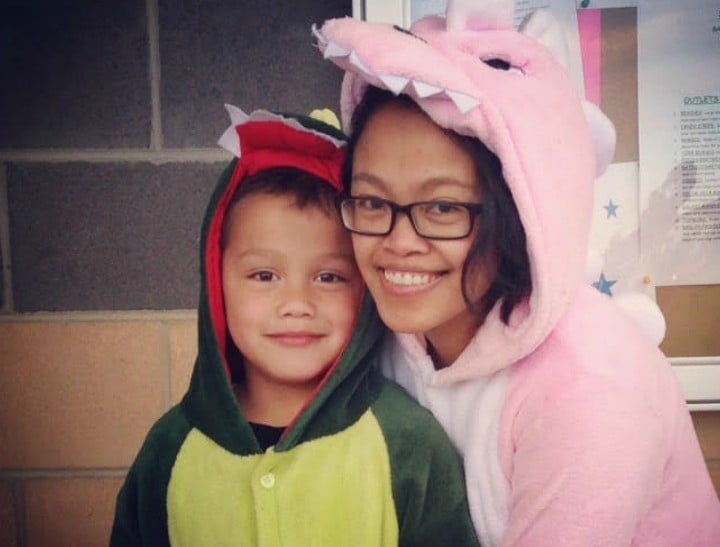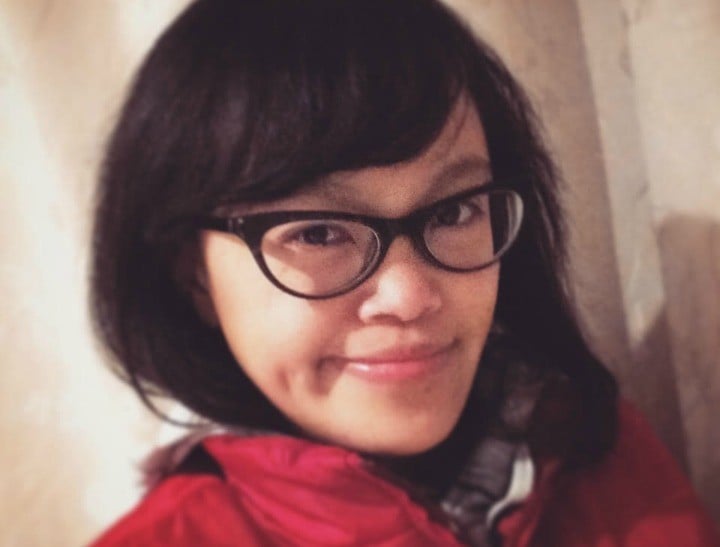
My one and ‘only’.
‘I wish I had a brother,’ he declares from the back seat. We are carefully pulling out of the school driveway, past kids chattering and shrieking at each other. In the relative serenity of our car, I run the old line: ‘I didn’t want to be anyone’s mum but yours, sweetie.’
‘Yeah, but if you have a brother then your brother’s friends become your friends,’ he replies. ‘Then you get to have lots of friends.’
‘Well, you do already have lots of friends and you can always make more.’ ‘I still want a brother.’ ‘I’m sure you’re going to have a best friend who will feel like a brother.’
‘No, I want a real brother.’ He has never been this persistent.
I start flailing. ‘Honey … Daddy and I wanted to make sure that we could give you all that you need and want, the best that the world could offer.’
‘I don’t want to be spoiled! I want a brother.’ The tears spill over. He is six and a half years old, heading home to a house where he gets to hang out with Mum until Dad arrives, then we all have dinner and he goes to bed. I pull over and turn off the engine so he can sit on my lap and sob it out. The only comfort I can offer is to say that I understand why he is upset, that being an only child will upset him every now and then and that I’m sorry that he has to put up with it, but that he’s going to be okay no matter what because we love him to bits. And hey, you know, what about the perks?






























































































